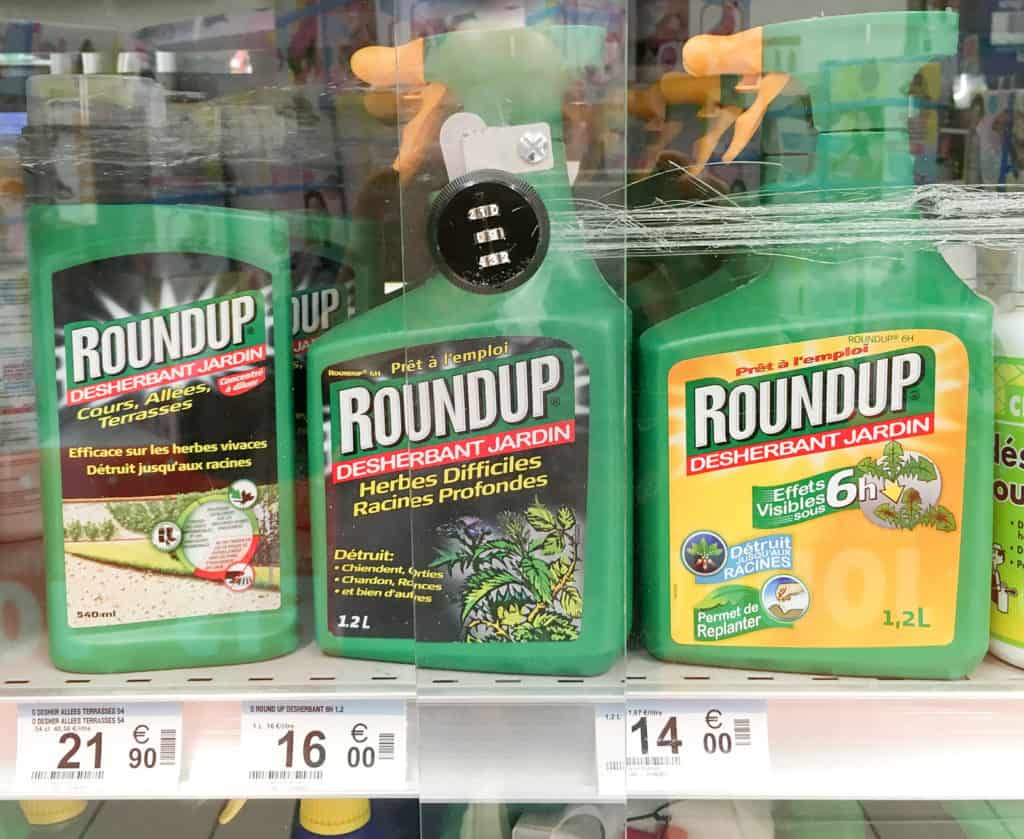A jury in San Francisco found Monsanto’s Roundup product responsible for a man’s cancer, awarding $289 million in the trial.
Plaintiff Dewayne Johnson had used Roundup as part of his job as a groundskeeper in California. Johnson developed non-Hodgkin lymphoma.
After three days of deliberation, the jury awarded Johnson $39 million in compensatory damages to cover medical care, pain and suffering. An additional $250 million was awarded in punitive damages. The jury agreed that the herbicide should be labeled as hazardous.
Monsanto plans to appeal the decision. The company maintains that decades of scientific studies have shown that Roundup and its main ingredient glyphosate are safe. Monsanto is currently facing more than 5,000 lawsuits nationwide.
The company says its appeal is on the grounds that the judge should have prohibited scientific evidence presented by Johnson as insufficient.
Scott Partridge, vice president of global strategy at Monsanto, said, “Plaintiffs are putting forward junk science that is not based upon the 40 years of safe glyphosate use and studies. They attempted to color science with very emotional arguments designed to inflame jurors.”
The company says the plaintiff’s experts should have been barred because despite citing respected peer-reviewed studies, they cherry-picked the results and used unreliable methods to support their claims.
Johnson said in the lawsuit, which was filed in 2016, that his frequent use of Roundup caused him to develop cancer.
The U.S. Environmental Protection Agency concluded in September 2017 after a decades-long assessment that glyphosate was not likely carcinogenic to humans. The World Health Organization in 2015 concluded that glyphosate was “probably carcinogenic to humans.”
Brent Wisner, Johnson’s lawyer, has denied claims that the jury came to its decision on emotional grounds.
“This was a considerate, thoughtful and well-educated jury that looked at the science to conclude glyphosate causes cancer,” he said.


